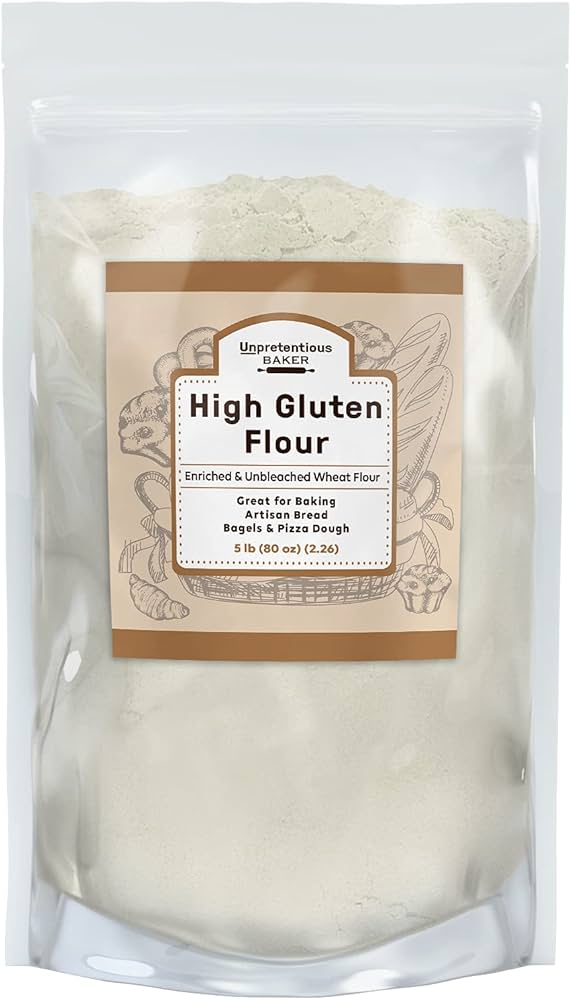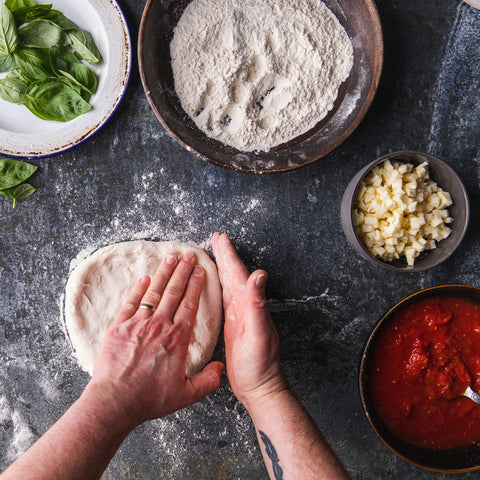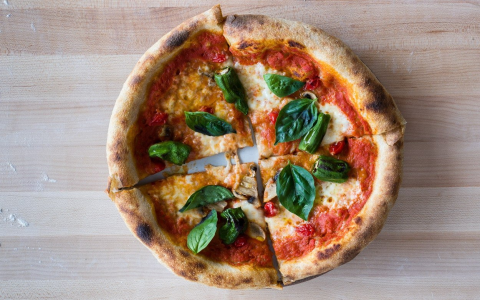Okay, so today I’m talking about high gluten flour, right? I got into making pizza at home a while back, and let me tell you, the flour you use? It makes a huge difference.
Messing Around with Different Flours
At first, I just used whatever all-purpose flour was in my pantry. My pizzas were okay, not terrible, but definitely not like what I’d get from a real pizzeria. The crust was kinda bland, and it didn’t have that satisfying chew, you know?

Then I started reading up on pizza making. Found out that pizzerias often use this stuff called “00” flour. It’s Italian, super fine, and supposedly the secret to that perfect Neapolitan-style crust. So, I got myself a bag. It was a bit more expensive, but I figured, why not?
My first pizza with 00 flour? It was better, for sure. The crust was smoother, a little softer. But honestly, it still wasn’t quite what I was aiming for. It lacked that structure, that strength you get from a good, chewy crust. Also, I found that the dough is too soft and not suitable for my home oven. I started to get annoyed at this point.
Finding the Right One
That’s when I started experimenting with bread flour. It’s got a higher protein content, which means more gluten. More gluten means a stronger, stretchier dough. My first pizza with bread flour? Bingo!
Here’s what I noticed:
- Chewier Crust: This was the biggest thing. The crust had that perfect chewiness, like a really good New York-style slice.
- Better Rise: The dough rose really nicely in the oven. I got those beautiful, big bubbles in the crust.
- Easier to Work With: The dough was more elastic and less likely to tear when I was stretching it out.
Then I thought, why not try those special flours for gluten-free? I saw a “King Arthur Gluten Free Pizza Flour” which used sorghum or something like that. I made one and shared it with my friend who is allergic to gluten, and he loved it! I have to admit that it was also good.
My Go-To Now
So, yeah, after all that messing around, I’ve mostly settled on bread flour for my pizzas. It just gives me the best results, that perfect balance of chewiness and structure. The special gluten-free flour is also good, especially for my gluten-allergic friend. Of course, I still use 00 flour sometimes, especially if I’m making a really thin-crust pizza, like those Neapolitan ones. But for my everyday, go-to pizza dough? Bread flour is my winner.
If you’re serious about making pizza at home, I’d definitely recommend trying out different flours. You might be surprised at how much of a difference it makes. It’s all about finding what works best for you and your oven, I guess. And hey, experimenting is half the fun, right?














